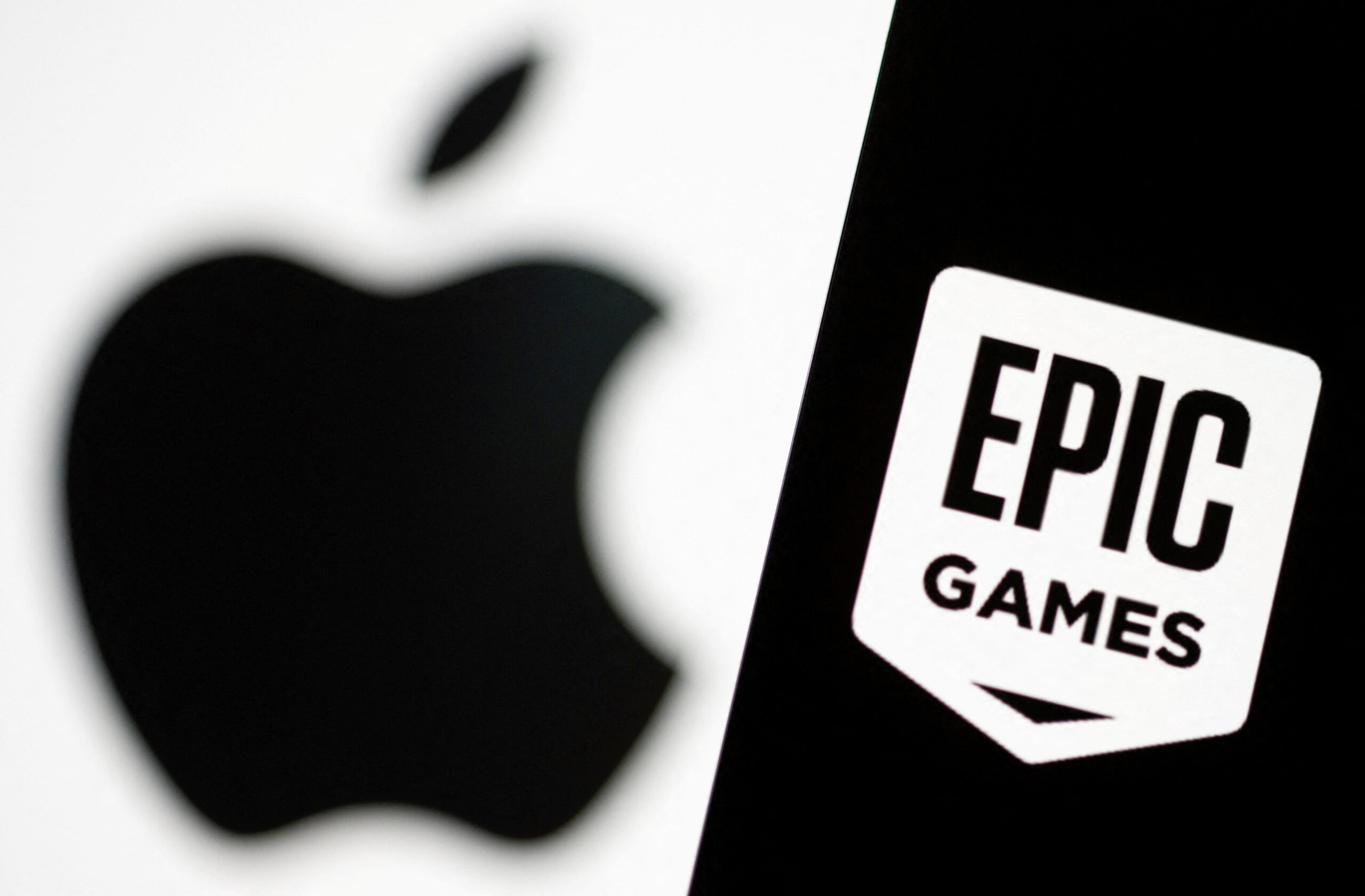
Within a day of its implementation, the Digital Markets Act (DMA), a new set of regulations by the European Union aimed at curbing the monopolistic tendencies of Big Tech companies, has made a significant impact by resolving a conflict between Apple and Epic Games.
Designed to foster competition and innovation, the DMA required major tech platforms to open up their ecosystems to competitors. As a result, Apple reversed its ban on Epic Games Sweden, paving the way for the return of Fortnite, the immensely popular battle royale game, to iOS devices in the European Union.
How Did the Apple-Epic Games Conflict Begin?
The dispute between Apple and Epic Games dates back to 2020 when Apple removed Fortnite from its App Store. The removal was a consequence of Epic Games’ attempt to bypass Apple’s in-app purchase system, which Apple argued was a violation of its App Store guidelines. Epic’s maneuver was seen as an effort to avoid paying Apple a percentage of its in-app revenue, leading to a highly publicized legal and public relations battle between the two companies. Since the expulsion of Fortnite from the App Store, fans of the game in the EU have been unable to enjoy it on their iOS devices.
However, the implementation of the DMA has shifted the power dynamics, forcing Apple to adjust its policies to comply with the new regulations. The DMA specifically targets the practices of Big Tech companies, mandating them to allow alternative marketplaces on their platforms. This change is aimed at breaking up the monopolistic control that such companies have had over app distribution and in-app payment systems. By allowing “alternative marketplaces” to exist, the DMA empowers app developers to offer their apps to consumers without being tied to the platform owners’ distribution and payment systems.
How Was The Dispute Finally Resolved?
The conflict’s resolution came to light when Tim Sweeney, CEO of Epic Games, announced on X (formerly Twitter) that following a rapid investigation by the European Commission, Apple had agreed to reinstate Epic Games’ access to its platform. This agreement enables Epic Games to bring back Fortnite to the iOS platform and launch the Epic Games Store in Europe under the new DMA regulations. Sweeney hailed this development as a major victory for the DMA, showcasing its effectiveness just one day after its implementation.
This resolution marks a pause in the ongoing conflict between Apple and Epic Games. It began with Apple terminating Epic Games’ previously-approved iOS developer account, citing the company’s violations of its rules and its criticism of Apple. The introduction of the DMA, however, mandated a change in Apple’s approach, leading to a quick reversal of its decision to ban Epic Games.
Following discussions with the European Commission and Epic Games, Apple issued a statement confirming that Epic had committed to adhering to the rules, including the DMA policies. Consequently, Epic Sweden AB was allowed to re-sign the developer agreement and be accepted back into the Apple Developer Program. In response, Epic Games expressed its intention to proceed with launching the Epic Games Store and reintroducing Fortnite on iOS in Europe.
Related News:
Featured Image courtesy of DADO RUVIC/REUTERS
